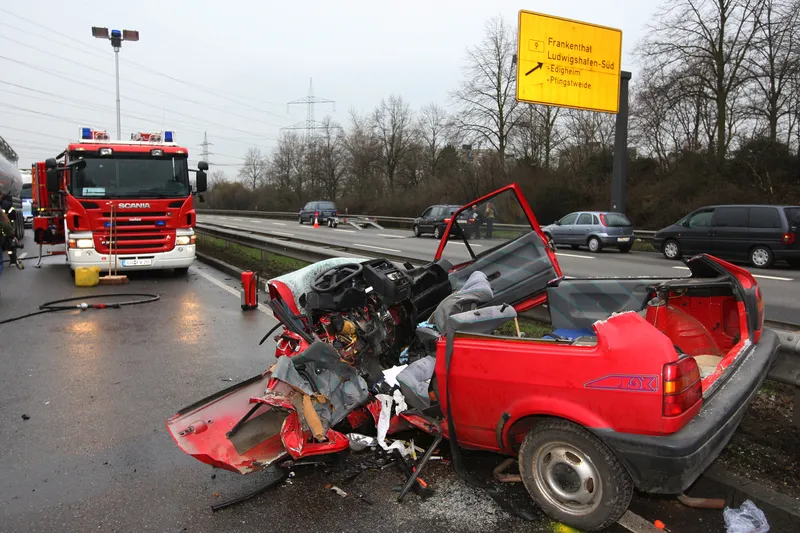58% of residents in Luxembourg are willing to exchange their current car for an electric vehicle (EV), according to a report by TNS ILLres.
The report comes as Luxembourg plans to deploy more recharging points for EVs and tax reductions following the latest tax reforms, the Rifkin study, which suggests only registrations of EVs will start from 2025.
The report shows that 11% are in favour of opting for an EV with 16% probably willing and a 31% would do so under certain conditions. Meanwhile, 45 % of residents over the age of 65 are not in favour while 42% of Luxembourgers report that they are not willing to exchange their car against only 26% of foreign residents.
The figures also show that on average 35% of residents would not opt for an EV car today and 15% would refuse categorically. In addition, 6% of the sample of the population remains undecided.
Over half of Luxembourg residents in favour of EVs
58% of residents in Luxembourg are willing to exchange their current car for an electric vehicle (EV), according to a report by TNS ILLres. The report comes as Luxembourg plans to deploy more recharging points for EVs and tax reductions following the latest tax reforms, the Rifkin study, which suggests only registrations of EVs will start from 2025.
October 2, 2017
Read time: 1 min









